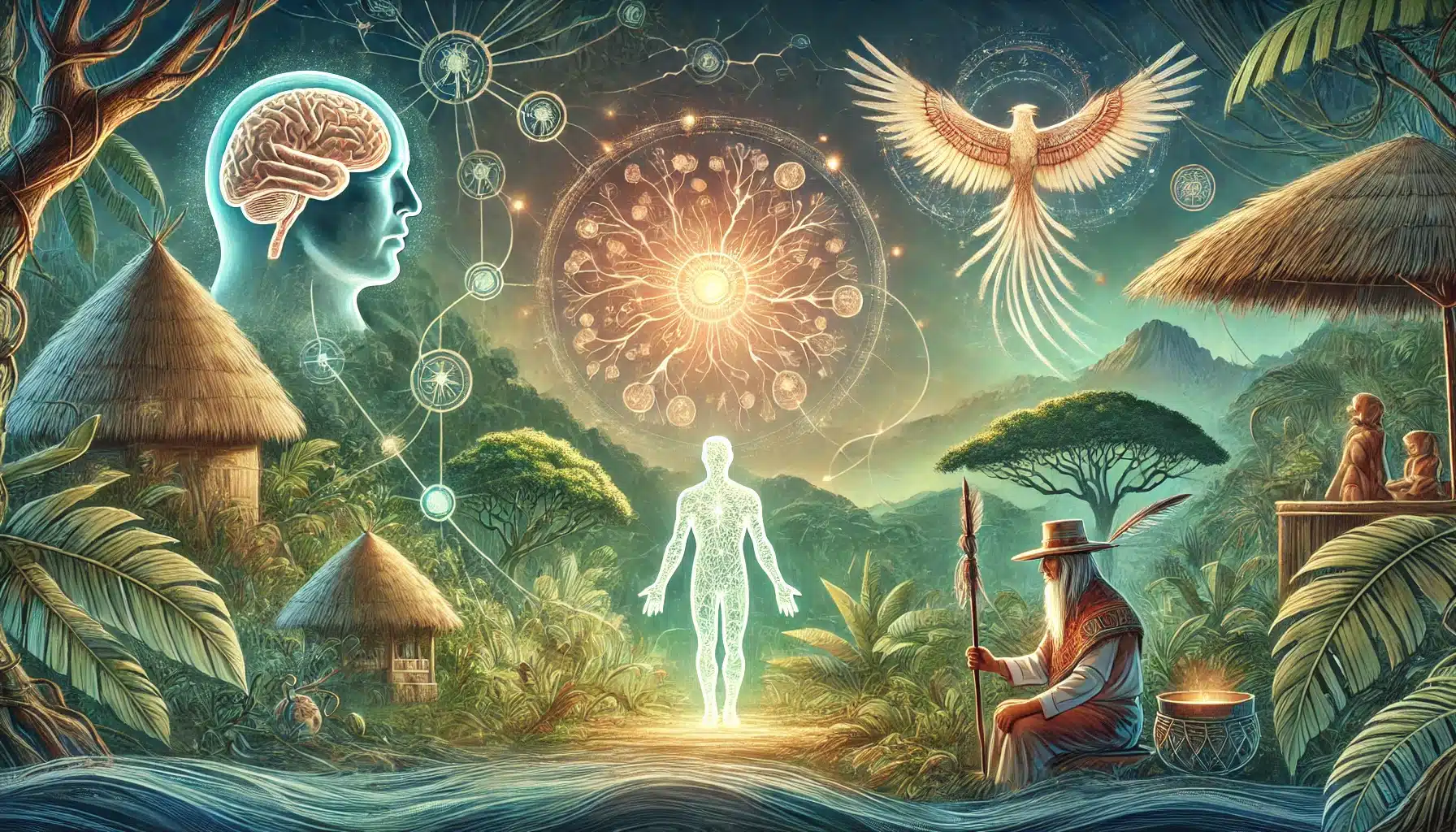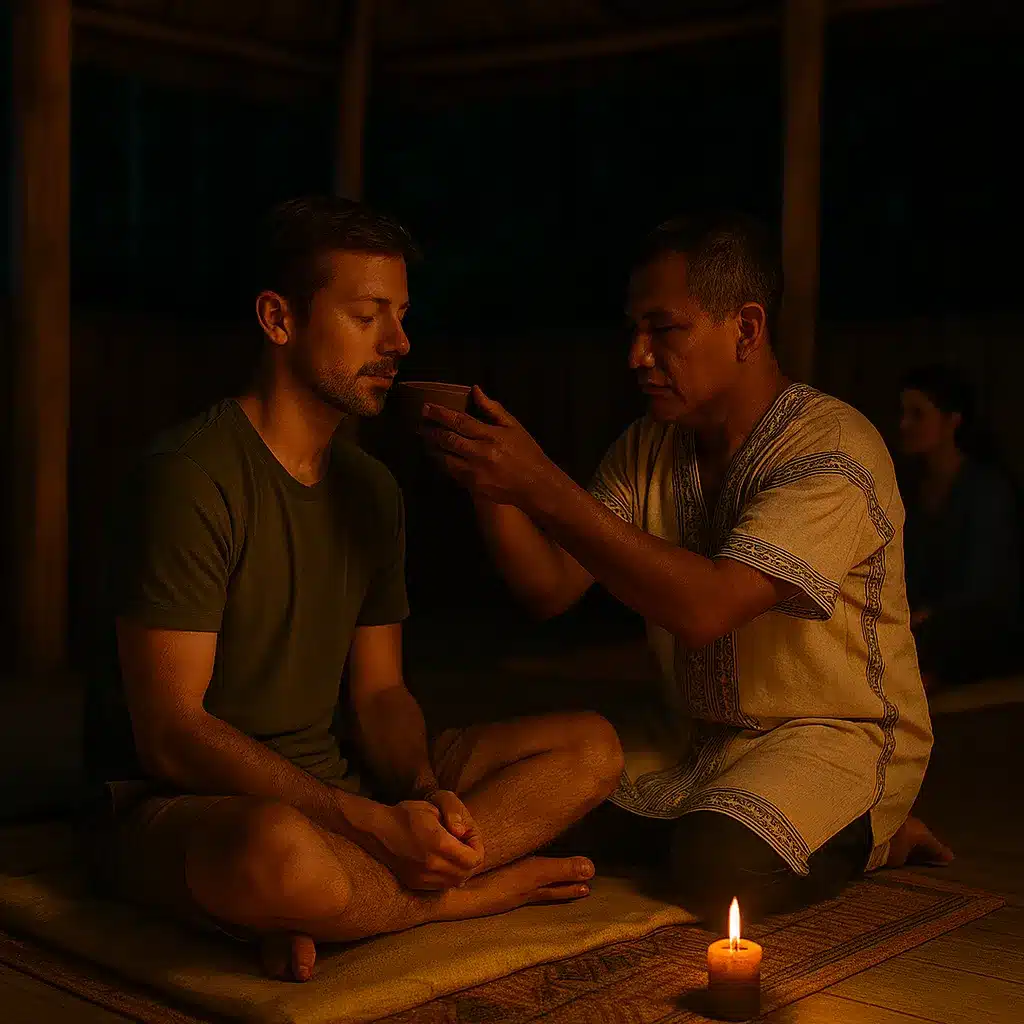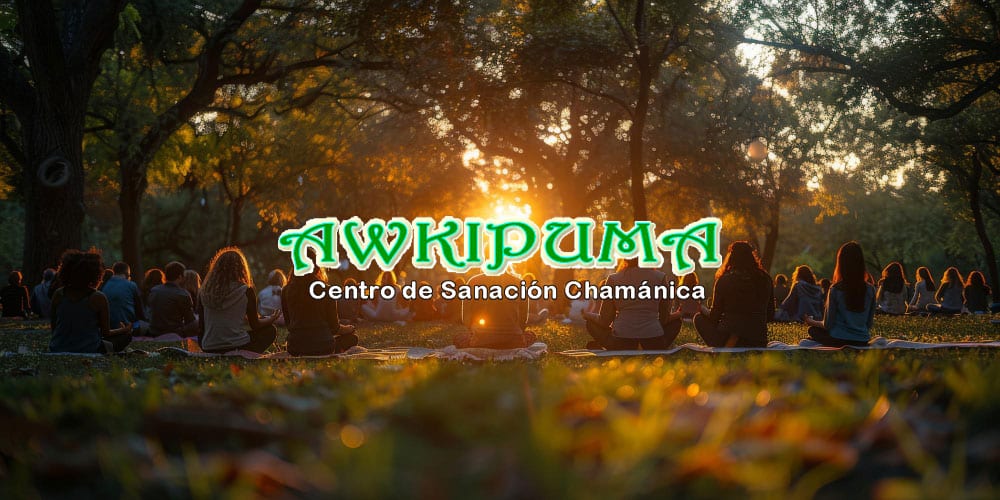Addiction is a global crisis affecting millions of people. Traditional rehabilitation methods, such as therapy and medication, have varying success rates. In recent years, alternative approaches have gained attention, and one of the most intriguing is the use of ayahuasca, a powerful Amazonian plant medicine. Rooted in indigenous traditions, ayahuasca is emerging as a promising tool for addressing addiction at its core.
Understanding Ayahuasca and Its Effects
Ayahuasca is a sacred brew traditionally used by indigenous tribes in the Amazon rainforest for spiritual and healing purposes. It is made from the Banisteriopsis caapi vine and the Psychotria viridis leaf, which together produce a potent psychoactive experience due to the presence of DMT (N,N-Dimethyltryptamine) and harmala alkaloids.
When consumed in a ceremonial setting, ayahuasca induces intense visions, emotional release, and deep introspection. Many participants describe experiencing a profound connection with their inner selves, nature, and the universe. This altered state of consciousness allows individuals to confront repressed emotions, trauma, and destructive behavioral patterns—key elements in understanding and overcoming addiction.
Ayahuasca as a Tool for Addiction Recovery
Addiction is often rooted in unresolved emotional pain, past traumas, and a sense of disconnection. Conventional treatments primarily focus on managing withdrawal symptoms and preventing relapse, but they rarely address the underlying emotional causes. Ayahuasca, however, works on a deeper level by facilitating emotional healing and spiritual awakening. Here’s how:
1. Addressing the Root Cause of Addiction
Unlike conventional treatments that focus on external control, ayahuasca brings people face-to-face with their inner struggles. Many individuals struggling with addiction have buried pain and unresolved trauma. The visions and insights provided by ayahuasca help them process and heal these wounds, breaking the cycle of dependency.
2. Rewiring the Brain and Creating New Neural Pathways
Scientific studies suggest that ayahuasca can promote neuroplasticity, the brain’s ability to form new connections. This means that after an ayahuasca experience, individuals may find it easier to adopt new, healthier behaviors and thought patterns. This is particularly crucial for those recovering from addiction, as it allows them to reshape their perspectives and habits.
3. Enhancing Self-Awareness and Emotional Release
Ayahuasca ceremonies often lead to intense emotional purging. This release of suppressed emotions helps individuals process and integrate past traumas, reducing the need for substances as a coping mechanism. By gaining a clearer understanding of their emotional triggers, participants can develop healthier responses to stress and negative emotions.
4. Connecting to a Higher Purpose
Many people who struggle with addiction feel lost or disconnected. Ayahuasca often instills a profound sense of purpose and interconnectedness. Participants frequently report a newfound appreciation for life, leading them to adopt healthier habits and make meaningful life changes.
5. Reducing
Scientific Research and Case Studies
Cravings and Withdrawal Symptoms
Ayahuasca has been reported to significantly reduce cravings for substances such as alcohol, opioids, and stimulants. Some studies suggest that the experience helps reset the brain’s reward system, making addictive substances less appealing. Additionally, the physical purging aspect of the ceremony can cleanse the body, further aiding the detoxification process.
While ayahuasca has been used for centuries in indigenous healing traditions, modern scientific research is now exploring its effectiveness in addiction treatment. Several studies have shown promising results:
- A 2013 study published in Current Drug Abuse Reviews found that ayahuasca-assisted therapy had long-term positive effects on individuals struggling with substance abuse.
- The International Journal of Drug Policy published a 2017 study highlighting significant improvements in mental health and addiction recovery among participants in ayahuasca ceremonies.
- In Canada, the Ayahuasca Treatment Outcome Project (ATOP) documented how individuals recovering from addiction experienced increased emotional well-being and a reduced desire to relapse after ayahuasca ceremonies.
The Importance of a Safe and Guided Experience
Ayahuasca is not a quick fix, nor is it suitable for everyone. Its effects can be intense, and the experience requires careful preparation and guidance. A proper ceremonial setting, led by experienced shamans, ensures that participants receive the support and integration necessary for a transformative healing journey.
At the Awkipuma Shamanic Healing Center, we provide a safe and authentic space for individuals seeking to heal from addiction through the sacred medicine of ayahuasca. Our experienced shamans and facilitators guide each participant through the process, ensuring a profound and life-changing experience.
If you or a loved one are struggling with addiction and are seeking a holistic approach to healing, we invite you to visit our center. Contact us today to learn more about our ayahuasca retreats and schedule your journey toward transformation and self-discovery.







